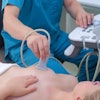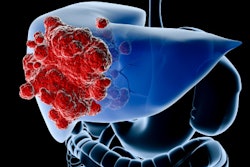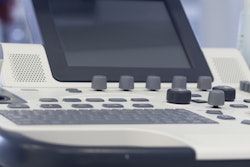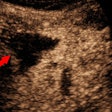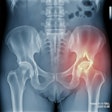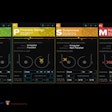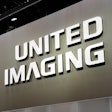Clinicians need education to understand hepatocellular carcinoma (HCC) tracking and surveillance resources, according to research published May 14 in JAMA Network Open.
A team led by Robert Wong, MD, from Stanford University in California found gaps in HCC surveillance knowledge, particularly among primary care clinicians. These included health system factors that exacerbate persisting delays in timely HCC surveillance three years after the onset of the COVID-19 pandemic.
“Effective delivery of HCC education to primary care clinicians and health system-level interventions must be pursued in parallel to address the complex barriers affecting suboptimal HCC surveillance in patients with cirrhosis,” the Wong team wrote.
Previous reports indicate that surveillance is underused in HCC patients with cirrhosis. This includes a perceived lack of diagnostic radiology resources, with ultrasound being the go-to imaging modality for liver surveillance. This trend makes identifying factors tied to this underuse important in addressing barriers in this area, the researchers wrote.
Wong and co-authors evaluated clinician-level factors that contribute to such underuse in HCC patients. Their survey study included responses from 347 primary care clinicians, as well as gastroenterology and hepatology clinicians at five safety-net health systems in the U.S. The researchers issued and collected responses in 2023 with the goal of assessing knowledge, attitudes, beliefs, perceived barriers, and COVID-19-related disruptions among the clinicians.
The researchers tested HCC knowledge among clinicians with a six-question exam. They found that 53.3% scored five or more of the total questions correctly. Diving further, 77.1% of the gastroenterology and hepatology clinicians who took the exam correctly answered five more questions compared with 45.8% of the primary care clinicians. Clinicians with higher HCC scores were less likely to report barriers to HCC surveillance, the researchers added.
Also, compared with the gastroenterology and hepatology clinicians, the primary care clinicians were more likely to report the following barriers:
- Inadequate time to discuss HCC surveillance (26.6% vs. 4.2%, p = 0.001)
- Difficulty identifying patients with cirrhosis (58.2% vs. 10.4%, p < 0.001)
- Not being up to date with HCC surveillance guidelines (62.6% vs. 10.4%, p < 0.001)
The team also noted that the following factors were reported in less than 10% of all the clinicians and did not differ significantly between primary care clinicians and gastroenterology and hepatology clinicians: shortage of radiology facilities, language barriers, concerns that patients often do not complete surveillance tests that are ordered, difficulty arranging follow-up diagnostic testing for those with a positive HCC screening test, and difficulty arranging treatment for patients diagnosed.
Finally, while most respondents acknowledged delays during the COVID-19 pandemic, 62 of 136 primary care clinicians (45.6%) and 27 of 45 gastroenterology and hepatology clinicians (60%) reported that patients with cirrhosis could complete HCC surveillance without delays.
The study authors wrote that these barriers stress the importance of considering interventions to improve HCC surveillance. These include radiology recall systems, electronic medical record dashboards and reminder systems, or organized health-system-level outreach strategies.
“These findings highlighted that in addition to targeted education, parallel health system-level interventions must be pursued to address the barriers to the availability of resources and infrastructure needed to ensure close monitoring of patients with cirrhosis,” the authors added.
The full study can be found here.

